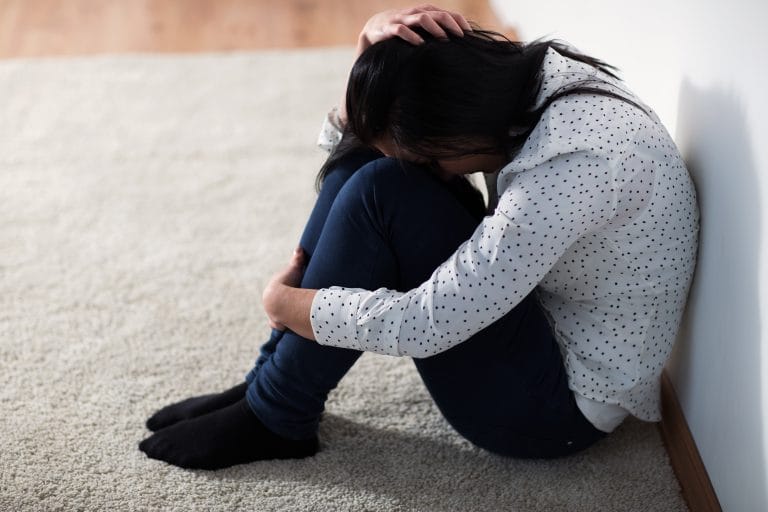Prior to the coronavirus pandemic domestic abuse was a
huge social issue effecting thousands of women and children in homes across our
communities in Ireland. In times of crisis, such as COVID-19, women and
children are at a higher risk as tensions around security, health, and finance
in the household increase. The ‘stay
home, stay safe’ orders may limit the spread of the virus, but for those in a
domestic abuse situation being in lockdown with an abusive partner makes it
difficult to safely contact family, friends and specialist services for
support. Sadly, for women and children experiencing domestic abuse this can
potentially render ‘home’ to be the most unsafe place to be.
As the COVID-19 crisis unfolds it has become clear
that the pandemic is having a serious impact on the lives of women and children
caught up in domestic abuse situations. Emerging data shows that domestic
abuse, particularly domestic violence, has intensified since the outbreak. In
Ireland, there is a growing concern amongst frontline professionals that
domestic abuse is increasing. One frontline domestic violence worker (who
wishes to remain anonymous) stated “as women and children find spending all
their time with their abuser means that they are being subjected to ongoing
abuse without reprieve”. This worker went on to say that “we are anticipating a
surge in people calling us for support once the restrictions are even partially
lifted, which will put an immense strain on an already inadequate refuge
infrastructure”.
Domestic abuse refuges provide a critical lifeline to women and children experiencing domestic abuse. During COVID-19 refuges are supporting as many women and children as they can whilst learning on the hoof to manage new challenges such as staff sickness and the spread of the virus within shared accommodation. This adds to the difficulties these services already face in terms of retaining staff trained in the dynamics of domestic abuse, and in recruiting new staff due to the lack of pay parity. The coronavirus pandemic has brought into sharp focus the significant under investment by successive governments on the issue of domestic abuse. As we attempt to navigate our way through the corona virus pandemic it has become glaringly obvious that immediate emergency funding, PPE, and testing is required from the care-taker government in order to keep domestic abuse services operating at a functional level. The announcement by the Dept of Justice yesterday of their €160,000 allocation to community and voluntary groups dealing with domestic abuse is a tokenistic gesture, and an insult to workers on the ground breaking their backs to keep services up and running. If the government is to truly practice what it preaches about keeping people safe, and when we look beyond COVID-19 to the difficulties domestic abuse services and refuges face, we see that these challenges need to be urgently addressed. We need to adequately fund the often live saving services that do indeed, enable women and children effected by domestic abuse to stay safe.
Aoife Ní Shíomóin
